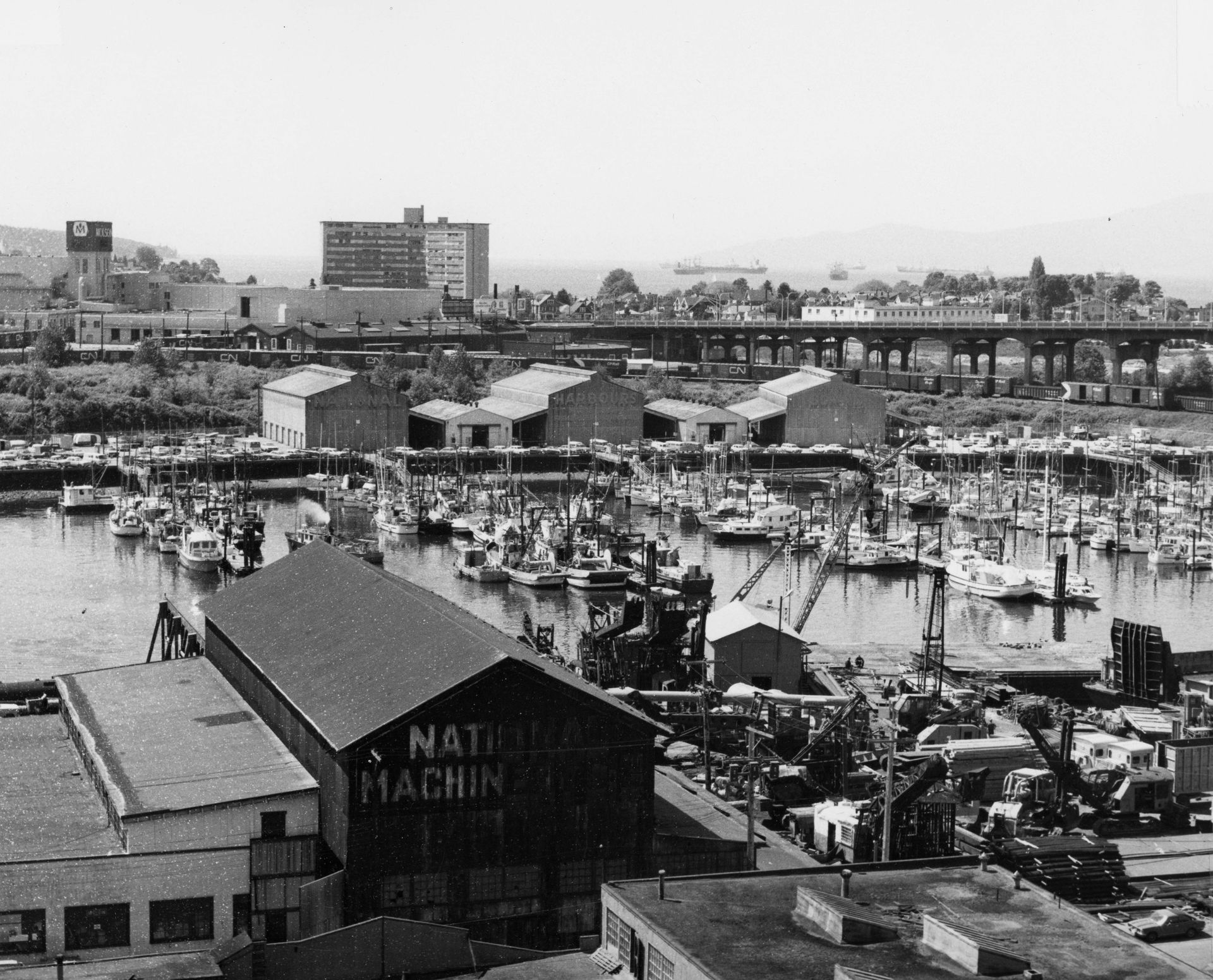
Market Trends Influencing Real Estate Development in 2025
The Canadian real estate landscape is evolving rapidly, shaped by demographic shifts, policy reforms, environmental concerns, and changing consumer behavior. As we step into 2025, developers, municipalities, and investors must stay ahead of the curve to remain competitive. In this article, we break down the top real estate market trends influencing development in Canada in 2025, and how stakeholders can respond strategically.
1. Demographic Shifts Driving Housing Demand
Canada’s growing population—boosted by immigration and urbanization—is putting pressure on housing supply. Mid-sized cities and suburban areas are experiencing a surge in demand, driving the need for smarter, inclusive development strategies.
At Urbanics, we support municipalities and developers in responding to these pressures through data-driven housing studies that anticipate population needs and guide policy decisions.
2. Emphasis on Mixed-Use and High-Density Projects
Urban intensification continues to be a dominant trend, especially in transit-oriented areas. The focus is shifting from sprawling suburbs to walkable communities that integrate residential, retail, and employment spaces.
Our team specializes in master planning and highest and best use studies, ensuring that land is developed to its full potential while serving community needs.
3. Climate Change Resilience in Urban Design
With increasing awareness of climate-related risks, cities are embedding climate change preparedness into development frameworks. Builders are adopting green design principles, flood mitigation, and sustainable infrastructure to future-proof their projects.
Urbanics offers climate change preparedness consulting that integrates climate resilience into land use planning and development.
4. Retail Space Reimagined
The shift toward e-commerce has redefined how developers approach retail. Instead of traditional big-box centers, the focus is now on experiential retail, integrated within mixed-use developments or as part of community hubs.
Through our retail consulting services, we help clients reimagine retail environments that are economically viable and responsive to consumer preferences in 2025.
5. Policy-Driven Growth: Official Community Plans and Regional Strategies
Municipal policies and Official Community Plans (OCPs) are evolving to address affordability, sustainability, and social equity. Developers must align projects with these frameworks to gain approvals and community support.
We assist governments and private sector partners with official community plans and regional strategies that shape long-term growth and guide land use priorities.
6. Data-Backed Decision Making
Real estate development decisions are increasingly based on economic impact, financial feasibility, and marketability analysis. This trend reflects the growing demand for evidence-based planning and risk mitigation.
Urbanics provides comprehensive:
These services ensure that new developments are both economically sound and aligned with market realities.
7. Collaborative and Inclusive Development Models
Public consultation and stakeholder engagement have become essential in ensuring project success. Indigenous planning, community participation, and cultural sensitivity are no longer optional—they’re expected.
Our work in Indigenous planning and public and stakeholder consultation enables more inclusive, transparent, and successful development outcomes.
8. Amenity Contributions and Value Capture
As municipalities look for ways to fund infrastructure, amenity contributions and value capture mechanisms are increasingly required in exchange for development approvals.
Urbanics offers amenity contribution studies to help both developers and municipalities structure fair, effective community benefit agreements.
9. Revitalization of Downtown Cores
Post-pandemic, many Canadian cities are rethinking their downtown cores. Mixed-use towers, pedestrian-friendly design, and cultural spaces are key to revitalizing these areas.
Our downtown revitalization consulting supports cities in creating vibrant, economically resilient urban centers.
Conclusion: Preparing for the Future of Development
Staying ahead of real estate market trends in 2025 means understanding the interplay of policy, market forces, environmental realities, and community needs. At Urbanics, we bring decades of experience in planning, economics, and development management to help clients succeed in this evolving landscape.
Explore our full range of services or view our project portfolio to see how we’re shaping Canada’s cities—one smart development at a time.

